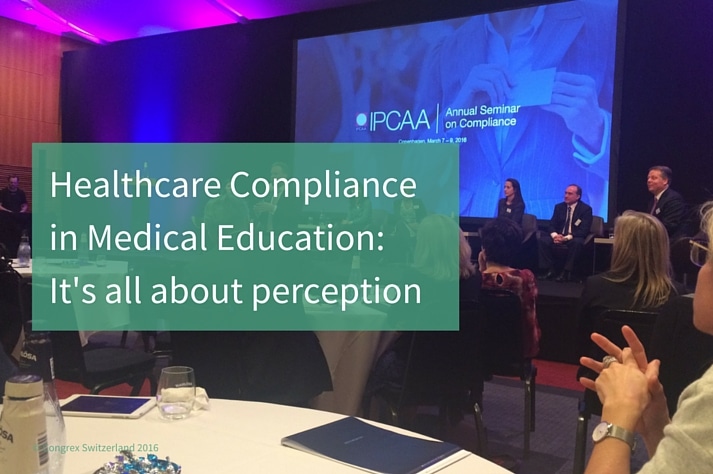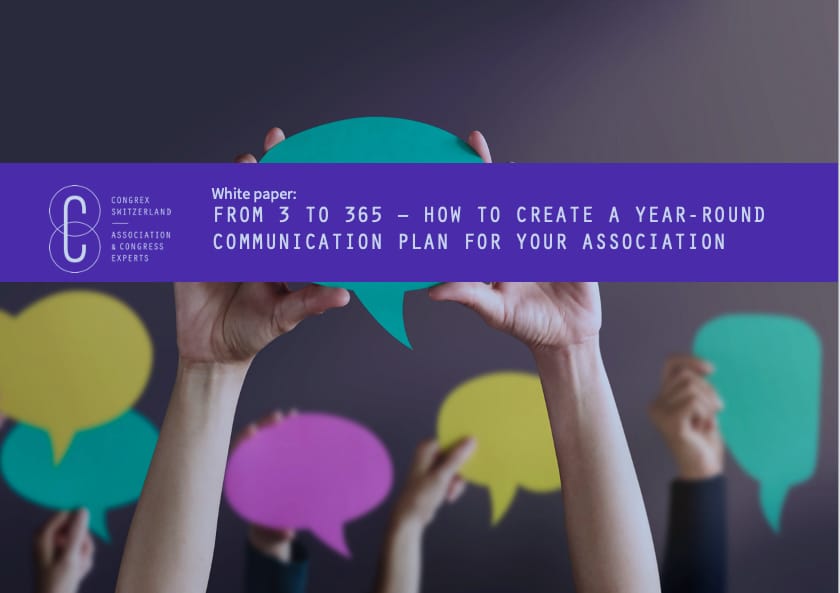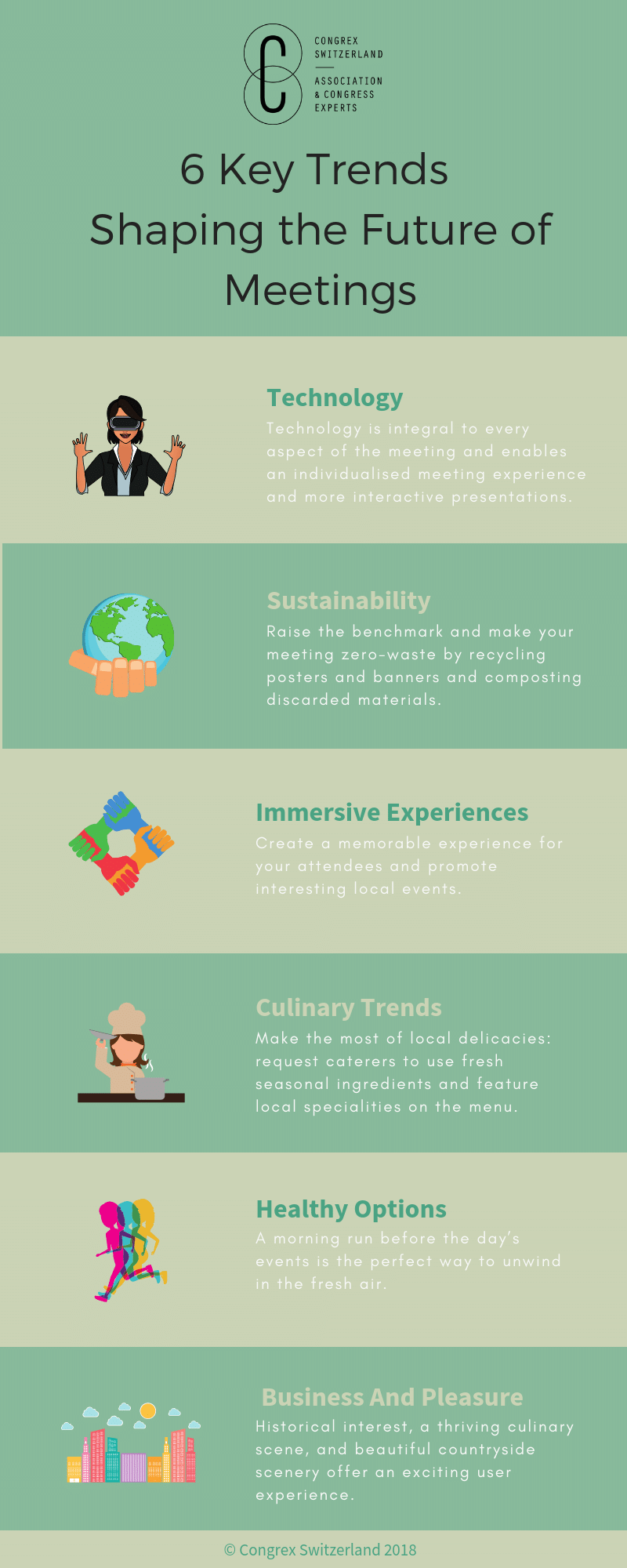This week’s blog post comes from our team members Judith Bärfuss (Meeting Planning Manager) and Carolin Steiner (Industry Relations Manager) who participated in the IPCAA 5th Annual Seminar on Compliance 2016, March 7 – 9 in Copenhagen.
For a Professional Conference Organiser, knowledge of healthcare compliance in medical education is a must in order to organise conferences in the best possible and compliant way. With this knowledge a PCO is in a position to consult associations and to support the pharmaceutical industry at its best. And by doing so we are looking after our tasks.
Related article and white paper: The Role of the Professional Conference Organiser (PCO)
This is why we participated in the IPCAA seminar 2016 in Copenhagen to gain new insights into the world of compliance. At the beginning of the seminar compliance felt like a black whole but we came out knowing: It is a complex, highly knowledgeable and mysterious subject matter showing its continuously changing facets in multiple shades of grey.
Healthcare compliance in medical education
The perception of the pharmaceutical industry has lacked trust and confidence due to an excessive misbehaviour with health care professionals (HCPs). By introducing self regulations the pharmaceutical industry started to regain its trust and to work in an ethical way. They are supported by European and worldwide associations and organisations (e.g. EFPIA, MedTech, IFPMA) setting up guidelines and codes as a regulatory framework. Additionally, each country has its own national codes and regulations that need to be strictly followed. On top of that governmental laws and regulations were set in place to further prevent misbehaviour.
The understanding of ethical behaviour has nowadays changed as besides the pharmaceutical industry all stakeholders (i.a. HCPs, medical associations, and third parties) have a shared commitment to ethical responsibility. It is thus important for pharmaceutical companies and medical associations that the third parties (e.g. PCOs) they are working with understand the code of ethics and company codes.
The seminar allowed us to get a deeper understanding of how all stakeholders interpret their ethical way of behaviour and how they implement transparency in their everyday working life. We as a PCO focussed on the practical part of how compliance is lived.
The most interesting part of the seminar was the presentation of a survey addressing the topic: Where do HCP’s go for medical education? The challenges we are facing now and in the future are:
- Changing models of medical education
- Offering medical education in a format fitting both: young and older HCP’s
- No direct sponsorship for HCP’s by the pharmaceutical industries
- Lack of time to attend congresses
So how can PCOs address future challenges of organising a professional conference?
Changing models of medical education
Nowadays the internet is the platform for HCP’s to access medical information. Therefore, it is crucial to have a profound scientific programme to attract this well educated generation of doctors. Delegate experience and meeting architecture are crucial. By offering pre-event scientific content HCP’s have the possibility to prepare themselves in advance of the congress. We could focus on pre-meeting forums as a solution to provide an educational platform before the event as well as new interactive forms of scientific sessions during the congress.
Offering medical education in a format fitting both: young and older HCP’s
By offering blended learning through different channels (life streaming, pre-meetings, post material online, web conferencing, chat rooms, online journal (Medscape), profile etc.) you guarantee continuous professional development (CPD) for both young and older HCPs. Blended learning will bridge the gab between the digital and analogue natives. Face to face meetings will not disappear as the need to exchange knowledge in person will always be present. Our task is to further strengthen the importance of congresses by the professional use of marketing (e.g. brand management, image improvement etc.).
No direct sponsorship for HCP’s by the pharmaceutical industries
In 2016 EFPIA implemented a new rule to ban direct sponsorship of HCP’s. This regulation enters into force by 2017 and will be finally banned by 2018. Therefore, cost of attendance has become a big issue for all HCP’s as there will be less direct sponsorship and they will have to decide how they will spend their money for their medical education. We think this will result in the fact that conferences need to offer a highly scientific content within a shorter period of time in order to attract HCP’s in the future.
Lack of time to attend congresses
Managing their work overload before leaving to a congress is one of the biggest challenges HCP’s have to face. For that reason congresses need to provide a highly scientific programme in a perfect period of time.
Related article: Member Engagement in Association Management
Our role as the intermediary party in the above mentioned scenarios remains interesting and challenging. With regards to compliance we can say it is all about perception. Trust is something that you create by reputation. Therefore, repeat being ethical to build a good reputation that helps strengthen your relationships with all stakeholders involved in the transparency process. What today seems normal might not be acceptable tomorrow. Thus, look with tomorrows’ eyes what you do today!








